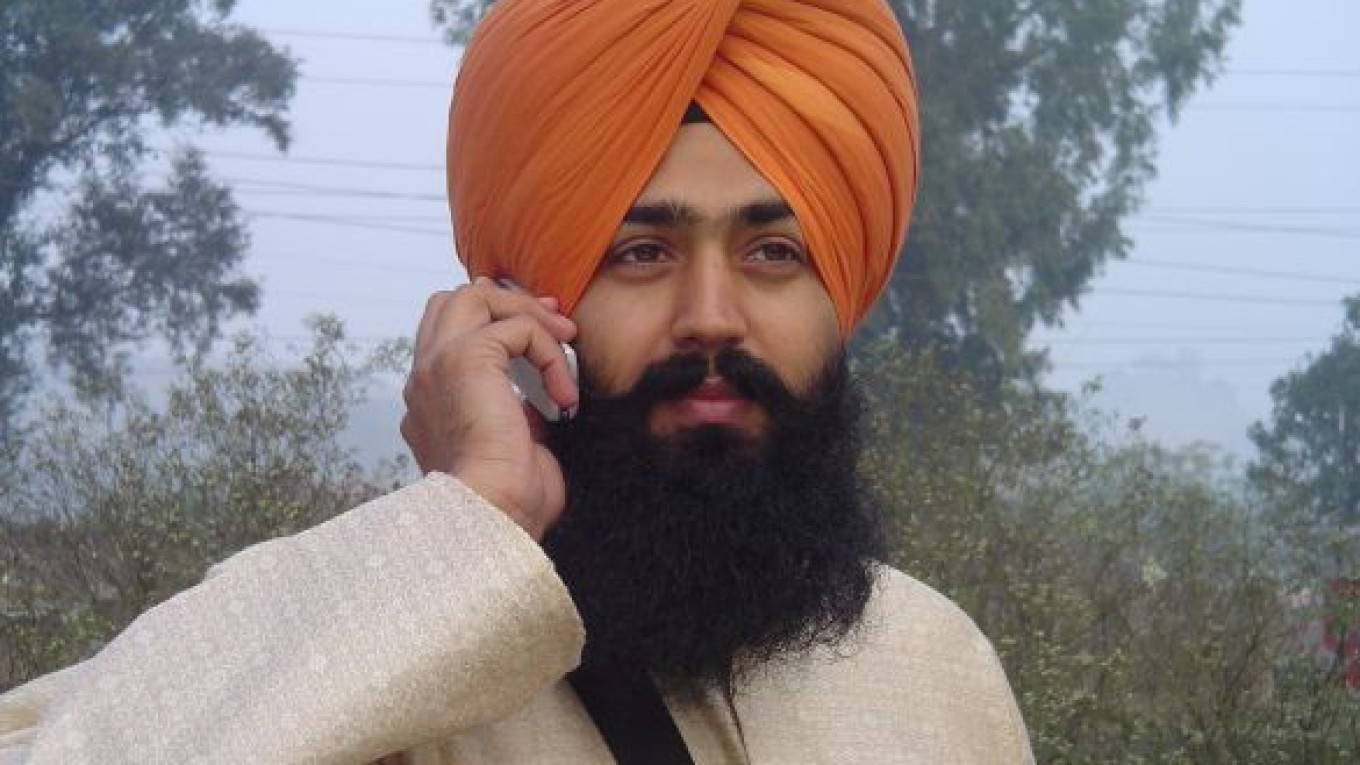NEW DELHI — A large Indian delegation will arrive in Moscow next week to lay the groundwork for a meeting later this month between Indian Prime Minister Manmohan Singh and President Vladimir Putin in South Africa.
Singh and Putin will hold talks on the sidelines of a two-day BRICS summit, which opens March 26 in Durban on South Africa's Indian Ocean coastline.
"The Singh-Putin meeting is a certainty. Only thing is that logistics, like the date, the time and the venue, are to be worked out," said an Indian diplomat, who is directly involved in organizing the meeting. He spoke on customary condition of anonymity.
The details of the meeting will be determined by the visiting delegation led by Foreign Minister Ranjan Mathai, which will arrive in Moscow on Monday. The last such consultations were held in New Delhi on Feb. 23, 2012.
"On the global stage, Russia remains India's trusted friend and confidante," Mathai told The Moscow Times.
"This is an outcome of the unique tradition of political proximity that we have cultivated over the years," he said. "At the ground level, of course, our Foreign Office frequently interacts to discuss and coordinate positions on issues of regional and international interest."
The Moscow consultations will delve into 17 areas of bilateral cooperation that the two sides have identified, said a senior Indian official who has steered the Indian-Russian diplomatic engagement for the past several years. The 17 areas include strategic sectors such as nuclear power, defense, space, and science and technology, in addition to trade and cultural relations.
Also on the Moscow agenda will be a review of the situation in international hot spots like Afghanistan, Syria and Iran, said the senior Indian official, who asked for anonymity because he was not authorized to speak to the media.
India and Russia share similar positions on Syria, where they favor a no-foreign-intervention approach, and also on Afghanistan. BRICS members Russia, India and China recently started consultations on Afghanistan's future as U.S. troops wind down their operations in the war-torn country. The first trilateral talks were held in Moscow on Feb. 20, incidentally a day after the first-ever trilateral talks between India, the U.S. and Afghanistan.
Russia, India and China are apprehensive about the possibility that the U.S. might strike a deal with the Taliban separatists in Afghanistan, possibly raising security risks.
With time in short supply in Durban, the Indian and Russian leaders will not be able to discuss all these issues. So the Moscow consultations are expected to filter out less important points from the agenda, allowing a meaningful and more productive meeting that can be ensured in the minimum time possible.
The grouping of large, fast-growing economies, initially known as BRIC, held its first summit in Yekaterinburg in June 2009. South Africa joined the club the following year, and India, which currently holds the chair, will pass the role to South Africa at the Durban summit. The fifth member of BRICS is Brazil.
Contact the author at [email protected]
A Message from The Moscow Times:
Dear readers,
We are facing unprecedented challenges. Russia's Prosecutor General's Office has designated The Moscow Times as an "undesirable" organization, criminalizing our work and putting our staff at risk of prosecution. This follows our earlier unjust labeling as a "foreign agent."
These actions are direct attempts to silence independent journalism in Russia. The authorities claim our work "discredits the decisions of the Russian leadership." We see things differently: we strive to provide accurate, unbiased reporting on Russia.
We, the journalists of The Moscow Times, refuse to be silenced. But to continue our work, we need your help.
Your support, no matter how small, makes a world of difference. If you can, please support us monthly starting from just $2. It's quick to set up, and every contribution makes a significant impact.
By supporting The Moscow Times, you're defending open, independent journalism in the face of repression. Thank you for standing with us.
Remind me later.


